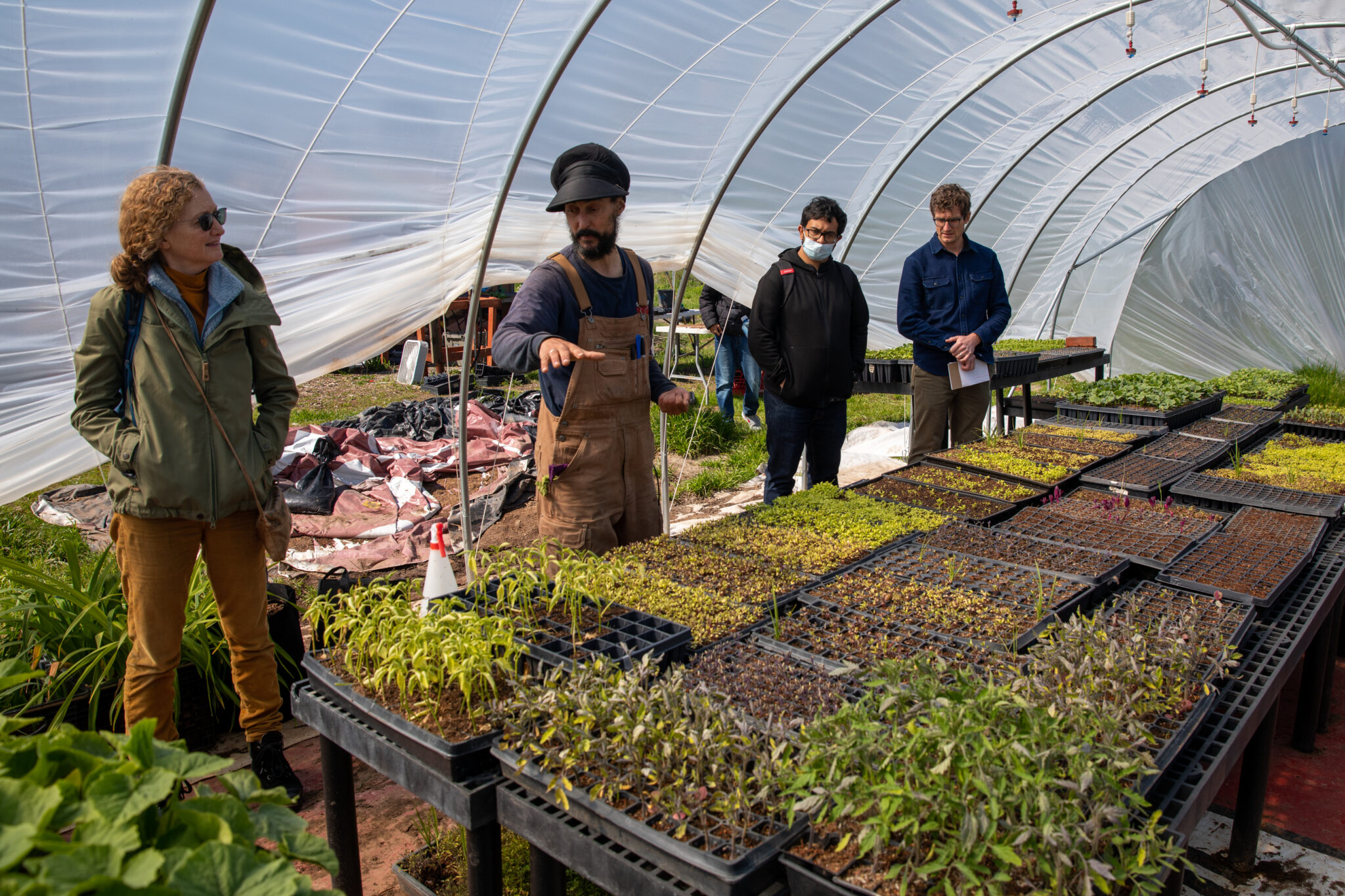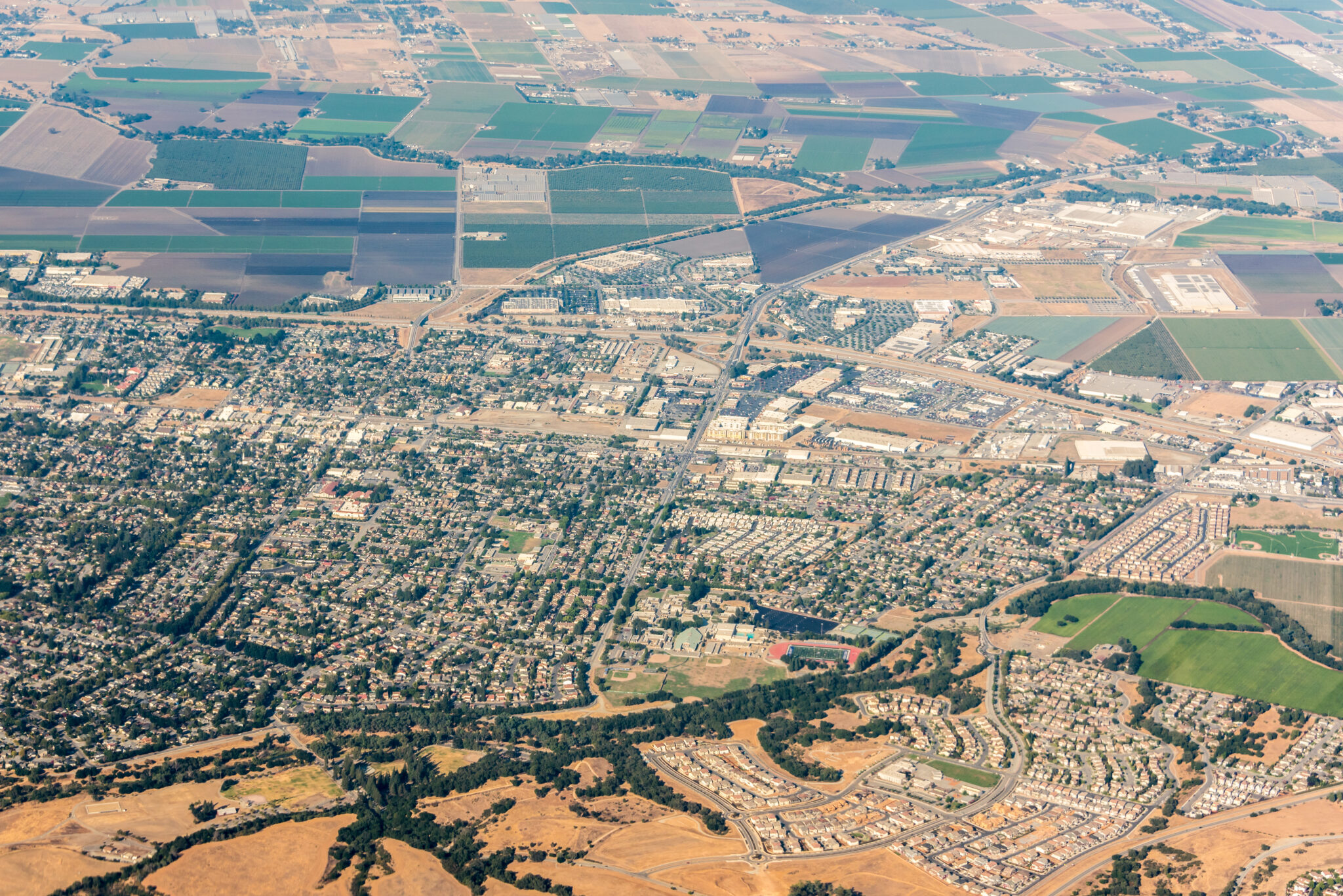In 2007, delegates from five continents met in Nyéléni Village, Sélingué, Mali as the first World Forum for Food Sovereignty. The resulting Declaration of Nyéléni defines food sovereignty as “the right of peoples to healthy and culturally appropriate food produced through ecologically sound and sustainable methods, and their right to define their own food and agriculture systems.”
At BFI, we consider Good Food Access an outcome of food sovereignty as defined by the Declaration of Nyéléni. We envision a food system in which all people have access to food that is affordable, nutritious, and culturally appropriate. This food should be sustainably and equitably produced, or, ideally, grown by the community it nourishes. That means that every community should have agency over the food its members grow and eat. The same applies to schools, where we should trust that our children are given meals that are both healthy and culturally appropriate.
The barriers to good food access
According to the Public Policy Institute of California (PPIC), about one in ten households in the state lack the resources to adequately meet food needs. This food insecurity is disproportionately felt by the state’s communities of color, including many of the farmworkers who grow our nation’s fruits and vegetables. PPIC data shows that nearly half of households experiencing food insecurity consist of Latinx families.
At BFI, we see food insecurity as an issue of food sovereignty, and we see statistics like this as an example of “food apartheid.” A legacy of discriminatory land use decision making has left many communities of color disproportionately food insecure, while highly commodified supply chains and industrialized agriculture system has marginalized farmworkers and left communities dependent on unhealthy food products.
Good Food Access as an outcome of food sovereignty means that all people should have not only access to good food but also control over its production and consumption. Hunger is not just a problem of distribution but a symptom of discrimination. At BFI, we support research that looks into the perpetuated structural barriers to food sovereignty, and leverage that research to inform policy and programs toward whole-systems solutions.



